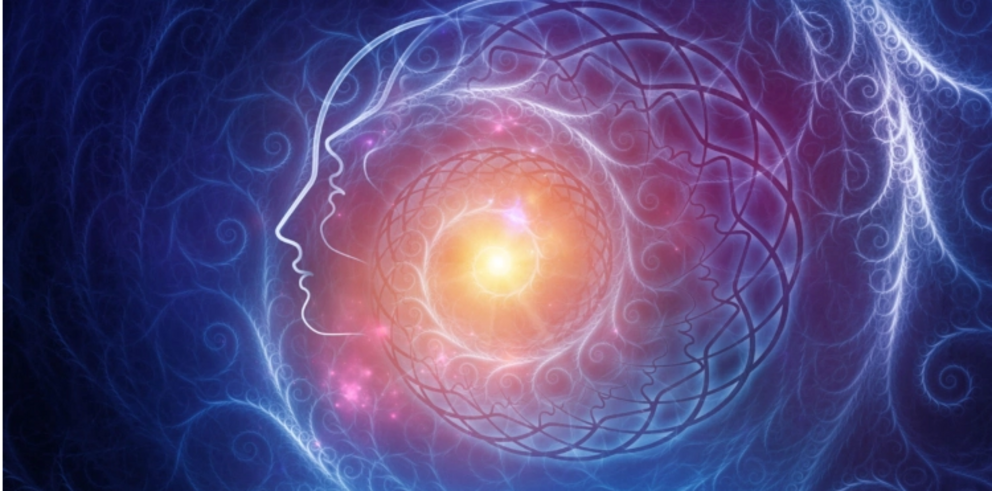Psilocybin-induced mystical experiences linked to lasting positive psychological effects
Psilocybin, the psychoactive compound in magic mushrooms, has been shown to be an promising treatment of mood and addictive disorders. Psilocybin is associated with general long-lasting positive psychological effects in healthy individuals as well. New research published in Frontiers in Pharmacology indeed found that psilocybin-induced psychedelic experiences are associated with long-lasting positive effects.
“The typical experience induced by a medium-high dose of psilocybin has a plateau of maximum subjective intensity which, for some participants, can occasion transient, profound alterations in consciousness described as a sense of unity with all things accompanied by dissolution of ego or personhood, blissful mood and ecstasy, and aberrant sense of time and space,” explained study author Drummond E-Wen McCulloch and colleagues.
To this end, psychedelic experiences can resemble a traditional “mystical” experience, which can result in a positive psychological transformation. Indeed, strong psilocybin-induced mystical experiences have been associated with subjective experiences of an improvement of life quality, meaning in life, and mood in those suffering from anxiety and mood disorders.
“Despite replicated research investigating the acute effects of psychedelics, comparatively little is known about the relation between the character of the acute psychedelic experience (i.e., the way the experience feels, not simply the intensity) and the persisting changes in mood, behaviour, and personality,” wrote the researchers.
To examine whether the self-reported intensity of mystical experiences is associated with persistent psychological effects, researchers recruited 28 healthy adults from a list of people interested in participating in psilocybin neuroscience research. All participants were screened for illness, neurological or psychiatric disease, vision or hearing impairment, learning disabilities, pregnancy, and other relevant criteria.
The participants attended a prep session with the study psychologists the day before the psilocybin intervention. Psilocybin was administered orally, and dose was adjusted for bodyweight. Interpersonal support was provided by the study psychologists.
At the end of the psilocybin intervention, participants completed measures evaluating their experience for level of mysticism. They also drew a picture of their experience within a circle on a piece of paper. On the evening of their intervention day, participants completed a free writing prompt describing their experience using an online survey platform.
To assess persistence of psychological effects, participants completed measures on depressive symptoms, perceived stress, and sleep quality both on the day of the psilocybin intervention and 3 months later. They also completed a questionnaire assessing the long-lasting positive and negative effects directly attributed to the psychedelic experience 3 months after the intervention.
Analyses showed that indeed the intensity and character of the experience was associated with persistent positive psychological effects. Specifically, self-reported experiences of ecstasy, connectedness, and unity with ultimate reality during the psychedelic experience were strongly associated with lasting positive effects. Experiences that were not related to lasting positive effects included loss of usual sense of space and time and the inability to describe the experience in words.
Analysis of the open-ended descriptions of the experiences identified key themes in participants’ responses such as a sense of connection with the universe, a sense of infinity, and a sense of wonderment and awe. Other themes identified that are not strictly mystical were a love for one’s family, a sense of gratitude, and the simultaneous presence of contradicting feelings.
Some limitations researchers note of this work is that the researchers were not blind to the hypotheses of the study and the very small sample size. Further, studies such as these inherently come with expectancy effects, where participants may expect the intervention to produce a specific response and then respond in a way that aligns with these expectations.
The study, “Psilocybin-Induced Mystical-Type Experiences are Related to Persisting Positive Effects: A Quantitative and Qualitative Report“, was authored by Drummond E-Wen McCulloch, Maria Zofia Grzywacz, Martin Korsbak Madsen, Peter Steen Jensen, Brice Ozenne, Sophia Armand, Gitte Moos Knudsen, Patrick MacDonald Fisher, and Dea Siggaard Stenbæk.

